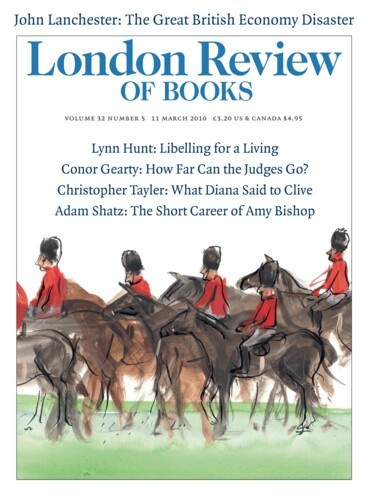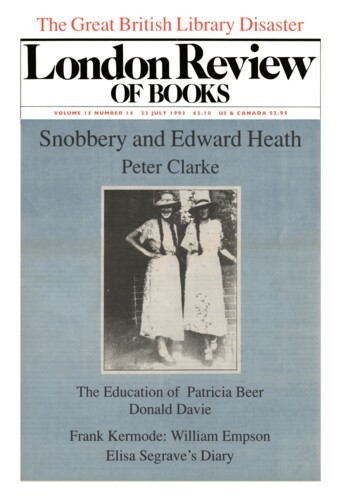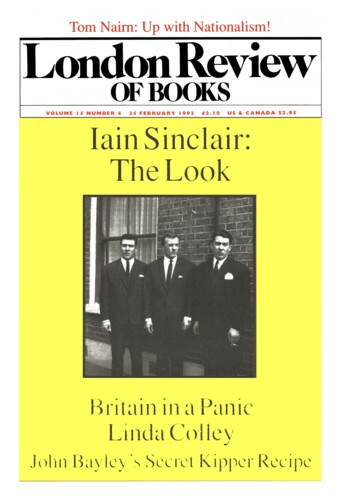A Touchy Lot: Libelling for a Living
Lynn Hunt, 11 March 2010
There is no doubt an art of political slander, as Robert Darnton terms it, and in many places something like what Charles Walton calls a ‘culture of calumny’. But in what ways are they particular to a time and place? How different, for example, are the charges of lesbianism and Machiavellian manoeuvring levelled against Hillary Clinton from those published two centuries earlier...



